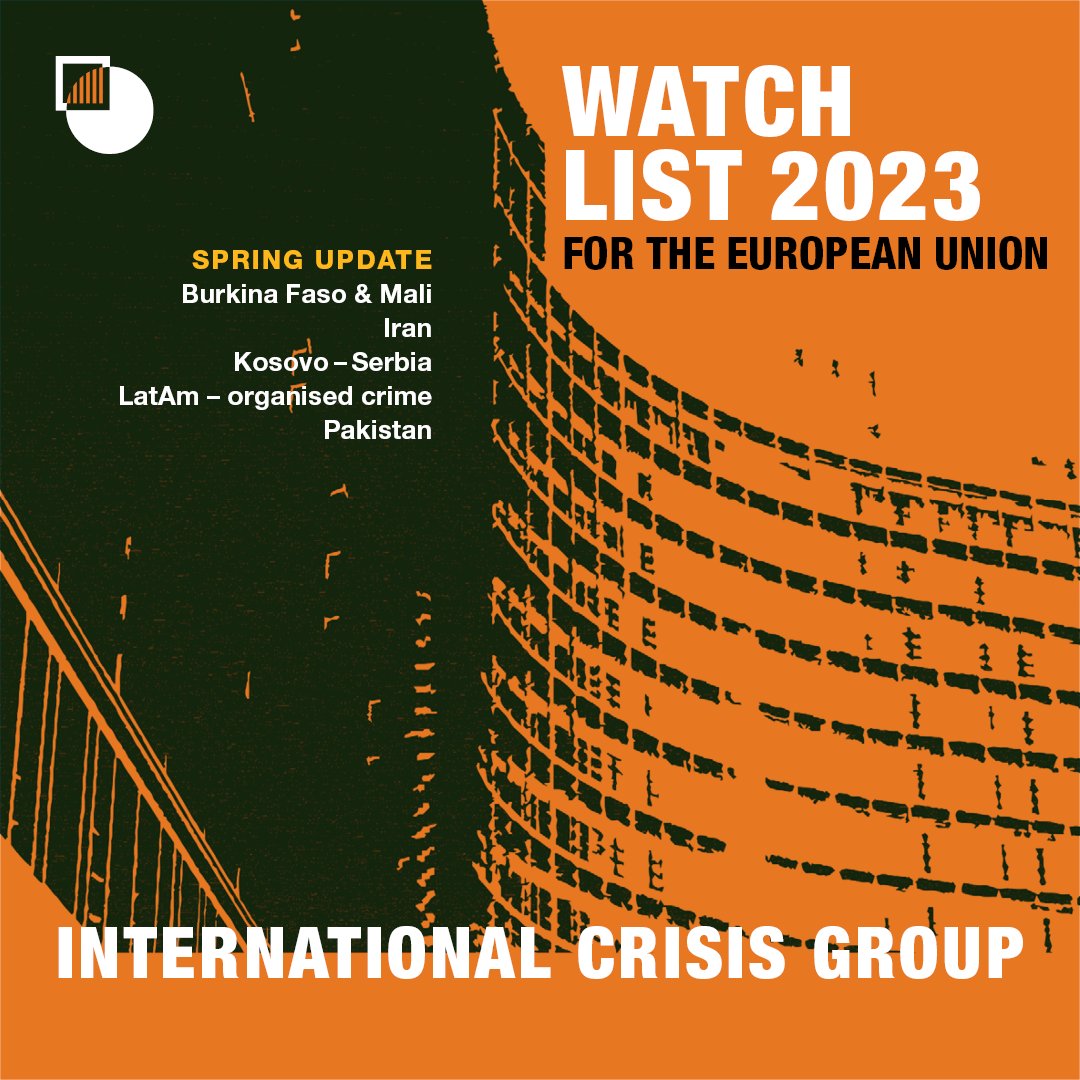Our research on the links between climate, environment and conflict in #Somalia focuses on the impact of the devastating drought, compounded by conflict and Al-Shabaab’s harsh policies, on the displacement of millions.
🧵 for #WorldEnvironmentDay.
🧵 for #WorldEnvironmentDay.
Deforestation in Somalia for wood burning and charcoal production leads to catastrophic consequences.
It exacerbates the effects of drought and floods and provides funding opportunities to the militant group Al-Shabaab.
It exacerbates the effects of drought and floods and provides funding opportunities to the militant group Al-Shabaab.
According to @UNEP, deforestation threatens drought-tolerant trees like the Acacia.
For @HodderClimate, the regeneration of the environment is important for soil health and also to ease tensions over natural resource competition and reduce displacements.
unep.org/news-and-stori…
For @HodderClimate, the regeneration of the environment is important for soil health and also to ease tensions over natural resource competition and reduce displacements.
unep.org/news-and-stori…
Between 2001 and 2021, Somalia lost 429,000 hectares of tree cover, which represents a drastic 4.9% decrease.
The video below shows the alarming deforestation from a bird's-eye view.
The video below shows the alarming deforestation from a bird's-eye view.
In the port city of Kismayo, a project called Somali Rural & Environmental Development Organization, or ‘SOREDO’, brings hope.
‘SOREDO’ produces briquettes made from carbonised coconut shells, waste and water, providing a more affordable and eco-friendly alternative to coal.
‘SOREDO’ produces briquettes made from carbonised coconut shells, waste and water, providing a more affordable and eco-friendly alternative to coal.
Charcoal remains the main fuel for cooking in Somalia.
It also used to be a huge source of revenue for Al-Shabaab when they controlled Kismayo and profited from its export.
allafrica.com/stories/202010…
It also used to be a huge source of revenue for Al-Shabaab when they controlled Kismayo and profited from its export.
allafrica.com/stories/202010…
The briquettes made by SOREDO are more fuel efficient, Halima says, burning hotter and longer than wood-based charcoal.
A sack costs around $3 compared to $12 for wood-based charcoal.
A sack costs around $3 compared to $12 for wood-based charcoal.
But SOREDO is struggling to pay its employees.
Achieving a more sustainable transition toward environmentally-friendly projects such as this one in Somalia requires the collaborative efforts of the Somali government, federal member states, as well as its partners and donors.
It is crucial that they come together to provide training and funding for these eco-friendly energy initiatives, all the while supporting visionary entrepreneurs like Halima.
#WorldEnvironmentDay2023
#WorldEnvironmentDay2023
• • •
Missing some Tweet in this thread? You can try to
force a refresh

 Read on Twitter
Read on Twitter





